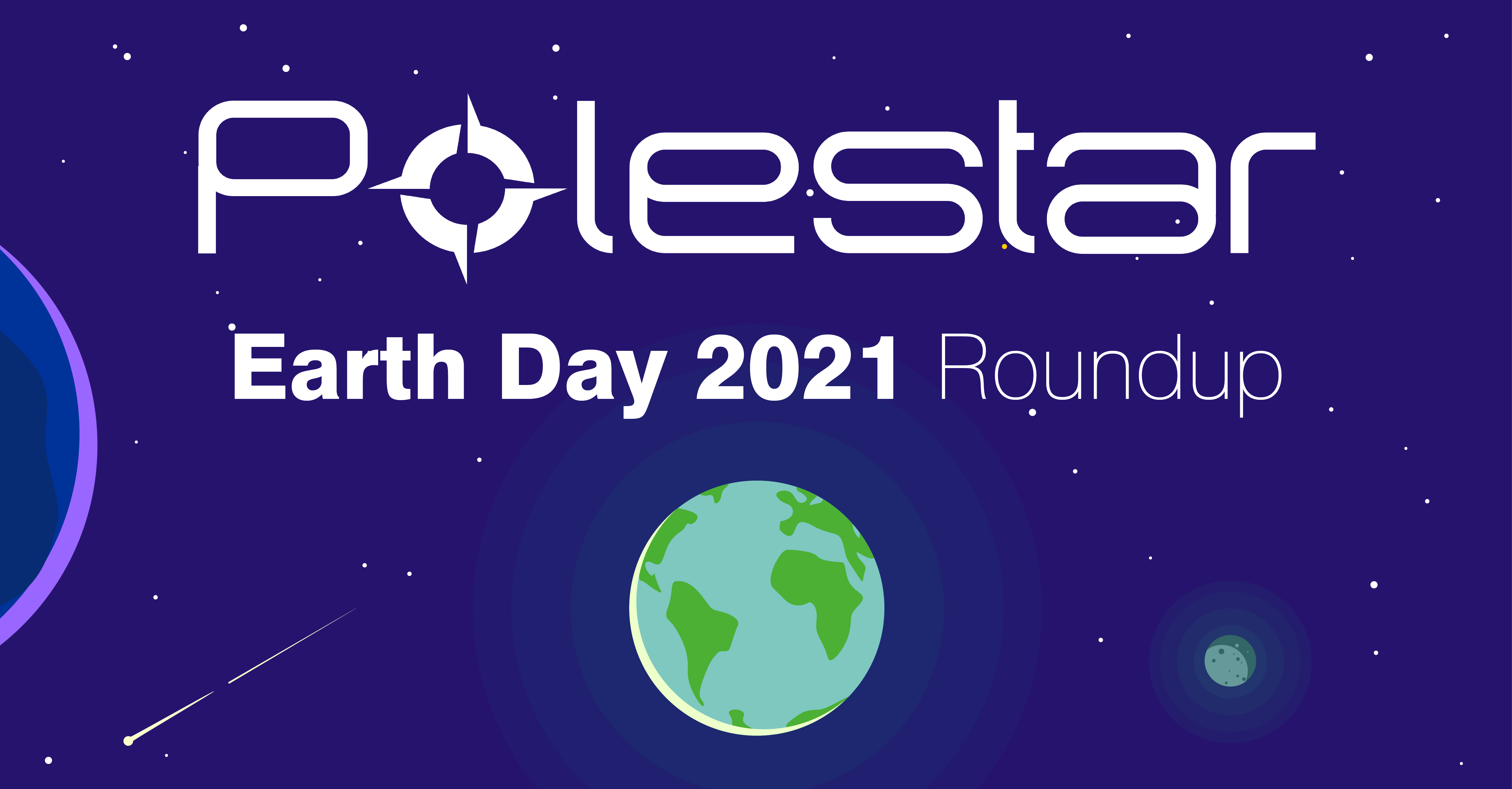

Earth Day is upon us once again, bigger and better than in previous years. As reported by the MD of Anthesis, we’ve entered the decisive decade – with ten years to effect meaningful change to address the climate crisis.
Some leading climate change experts are saying that net Zero is trap and that we should not be reliant on tech to fix the problem, but need instead to change our behaviour to reduce emissions.
The global event aims to bring awareness to climate change and sustainability, seemingly growing in poignancy every year as more and more evidence emerges to support the case for human-induced climate change.
Polestar is currently working with a number of sustainability-focused clients, making it particularly interesting for us to watch the trends towards investment in ESG (environmental, social, governance) businesses. Trap or otherwise, it is clear that aiming for Zero Carbon is now a serious business for the investment community.
For instance, we have seen that Palatine Private Equity is arranging for all of its portfolio companies to become “carbon literate”. We have also witnessed the explosion in work required by one of our clients, a professional real estate sustainability consultancy, whose clients are mostly fund managers.
This considered, we thought it would be fun to divulge some of our own sustainability successes and short fallings.
After carefully considering following in the footsteps of my Alma Mater by constructing a £24,000 statue of a climate activist, we eventually decided we would actually do something about our wastefulness and emissions instead. Let’s not rely on tech – or economically confused statues – to sort this colossal problem:
As we relocate to our new office (awash with LED low-energy lights), nearly everyone at Polestar will either be running, cycling, or taking public transport to work. Although cars will sometimes still be necessary, the partners are looking to go electric for their next vehicles.
After many months of admiring my colleagues braving the elements to cycle to the office, I have also recently decided to put my money where my mouth is and buy a bike.
Not only will this drastically cut my personal emissions (be that of my car or public transport), but it will spare me the monotony of traffic jams while also keeping me fit!
Did you know coffee cups aren’t recyclable? Or that cardboard with any trace of food contamination cannot be recycled?
Well now everyone at Polestar does thanks to this handy resource from the Earth Day 2021 website. It details seven mistakes people often make when recycling their waste.
Here’s a quick summary of the article:
Polestar has always had an ethos of avoiding wasteful purchases. If a computer is running slow, why buy a new one when you could upgrade the RAM or give it new set-up?
Similarly, our desks don’t need to be replaced every time the office is given a fresh coat of paint – if it ain’t broke, don’t fix it!
Finally, over the last year the company has greatly decreased its use of paper. Our use of Microsoft Teams has served the dual purpose of eliminating printing – files are just shared digitally – as well as reducing the need for real-life notepad – all notes are kept centrally on Teams.
But we could certainly be doing more:
1. We could reduce our consumption of single-use packaging
One slightly unforeseen consequence of the pandemic was its reintroduction of single-use packaging to ensure contamination was kept to a low.
While we invested in reusable coffee cups pre-pandemic, they are currently not accepted in most coffee shops as this would increase the number of shared touched surfaces between barista and customer.
Similarly, and this is something I am certainly guilty of not doing enough, we could eat more homemade packed lunches. It is very easy and pleasant to peruse the shelves of your favourite shop for your lunch, but the wasteful packaging it comes in quickly adds up over the course of the year.
2. Only boil as much water as is STRICTLY necessary
We’ve all been there. It’s Monday morning, the kettle is half full, you don’t want any of that scummy three-day-old water. You empty the kettle into the sink and fill that sucker up with wild abandon.
Kettles, when compared to lightbulbs at least, are reasonably efficient, only losing ~20% of their energy as external heat and sound. But they do use up a fair amount of energy for how quick the process is, especially when you have a full office of people drinking multiple cups a day.
Be sure to cup-pool your coffee trips and use the water efficiently!
So there are some of our tips for making your office a little more eco-friendly this Earth Day. But hey, if you are really dead set on casting a bronze statue (worth just under the median national salary) to solidify your commitment to sustainability instead, don’t let us stop you!
Earth Day is upon us once again, bigger and better than in previous years. As reported by the MD of Anthesis, we’ve entered the decisive decade – with ten years to effect meaningful change to address the climate crisis.